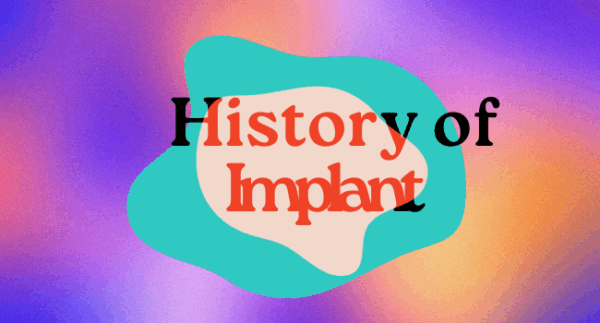Aug 14

Help Us Protect Access to Sexual and Reproductive Health Care Today!
Statement on The National Academies of Sciences, Engineering, and Medicine’s Report on the Safety and Quality of Abortion Care in the United States
Report Affirms Safety of Abortion Care Provided by Primary Care Clinicians
[New York, NY, March 16, 2018] The National Academies of Sciences, Engineering, and Medicine-Health and Medicine Division-report “The Safety and Quality of Abortion Care in the United States” bears out what the Reproductive Health Access Project and its large national network of primary care clinicians have known for years–that abortion is a procedure that can be performed safely in primary care settings.
The report examined existing evidence on the short- and long-term safety, quality, and access to the different types of abortion care in the United States. The study found that medication and aspiration abortions account for 90% of all abortions and that these methods can be safely provided in office-based settings by trained physicians as well as advanced practice clinicians.
Linda Prine, medical director of the Reproductive Health Access Project, said, “We applaud this report that confirms the safety of abortion, including in primary care settings. Yet access to abortion remains an issue, so we recommend that proactive steps be taken to ensure that primary care clinicians receive training and education in abortion care. Family medicine residency programs, for example, are not required to teach abortion.” Dr. Prine added, “Patients should be able to receive full-spectrum care from their regular clinician, which for many people–especially in underserved communities–is their primary care clinician.”
The National Academies of Sciences, Engineering, and Medicine report also underscores that abortion is one of the most regulated medical procedures in the country– the hundreds of state laws that have been proposed and enacted in the name of “safety” are nothing but political tactics designed to make it harder to access abortion services. Physician-only laws and laws requiring hospital privileges unnecessarily limit the pool of clinicians able to provide abortion care. Laws that require waiting periods, mandate use of ultrasounds, have required scripts to read, and unnecessarily regulate clinical facilities are not based on scientific evidence and create barriers to abortion care. These, combined with the growing shortage of abortion providers, is especially harmful to low-income women and women of color, who are more likely to experience barriers to accessing abortion care.
At the federal level, legislation like the Hyde Amendment, which unnecessarily restricts the provision of abortion in thousands of primary care settings nationwide, needs to be repealed. The FDA needs to take action to decategorize mifepristone, the medication abortion pill, as a dangerous drug that cannot be dispensed in pharmacies. This classification is not warranted, even by the FDA’s own standards.
The Reproductive Health Access Project is a national nonprofit dedicated to mobilizing, training, and supporting primary care clinicians to make reproductive health care accessible to everyone. The Reproductive Health Access Project focuses on three key areas: abortion, contraception, and miscarriage.
Phone: 646-895-6464
Email: media@reproductiveaccess.org
Your gift allows us to train and support health care providers across the United States so they can offer patients compassionate and comprehensive care.
Aug 14
